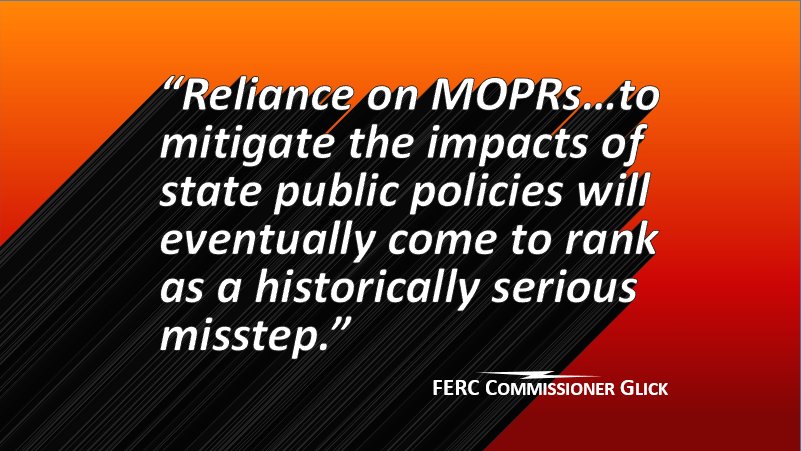
Included in tonight’s just signed omnibus bill is an important provision requiring @FERC to submit to Congress a plan to finally establish the Office of Public Participation. I’m happy to see this new Office take a step forward! 1/4
The Office will provide a much-needed addition to @FERC—one that ensures that consumers, landowners, & others that can’t afford expensive legal representation can participate effectively in complex #FERC proceedings that have significant impacts on their lives. 2/4
This new Office will also improve @FERC decisionmaking by providing a voice for environmental justice communities that have too often been overlooked. 3/4
I look forward to working with my @FERC colleagues to ensure that this new Office meets Congress’ objectives. 4/4
• • •
Missing some Tweet in this thread? You can try to
force a refresh



